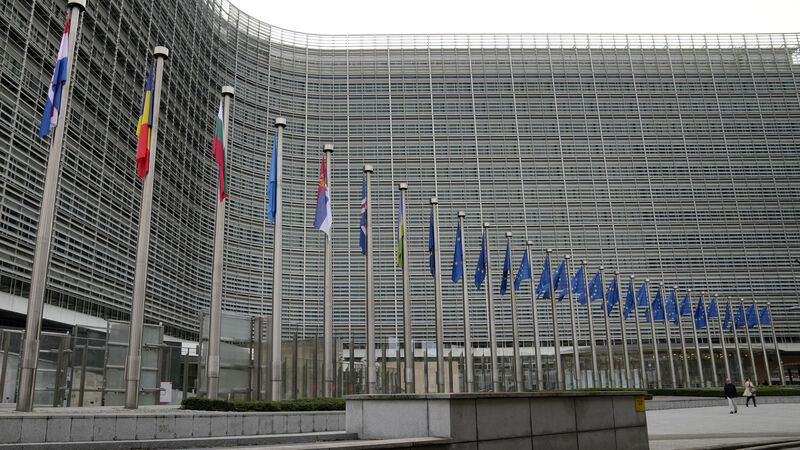EU leaders call for routine 'pauses' from shelling to allow aid to reach civilians in Gaza

Picture: Virginia Mayo/AP
EU leaders finally agreed a statement calling on Israel to allow for routine "pauses" from its shelling of Gaza to allow humanitarian aid to reach civilians.
The text calls for "continued, rapid, safe and unhindered humanitarian access and aid to reach those in need through all necessary measures including humanitarian corridors" and "pauses for humanitarian needs".














